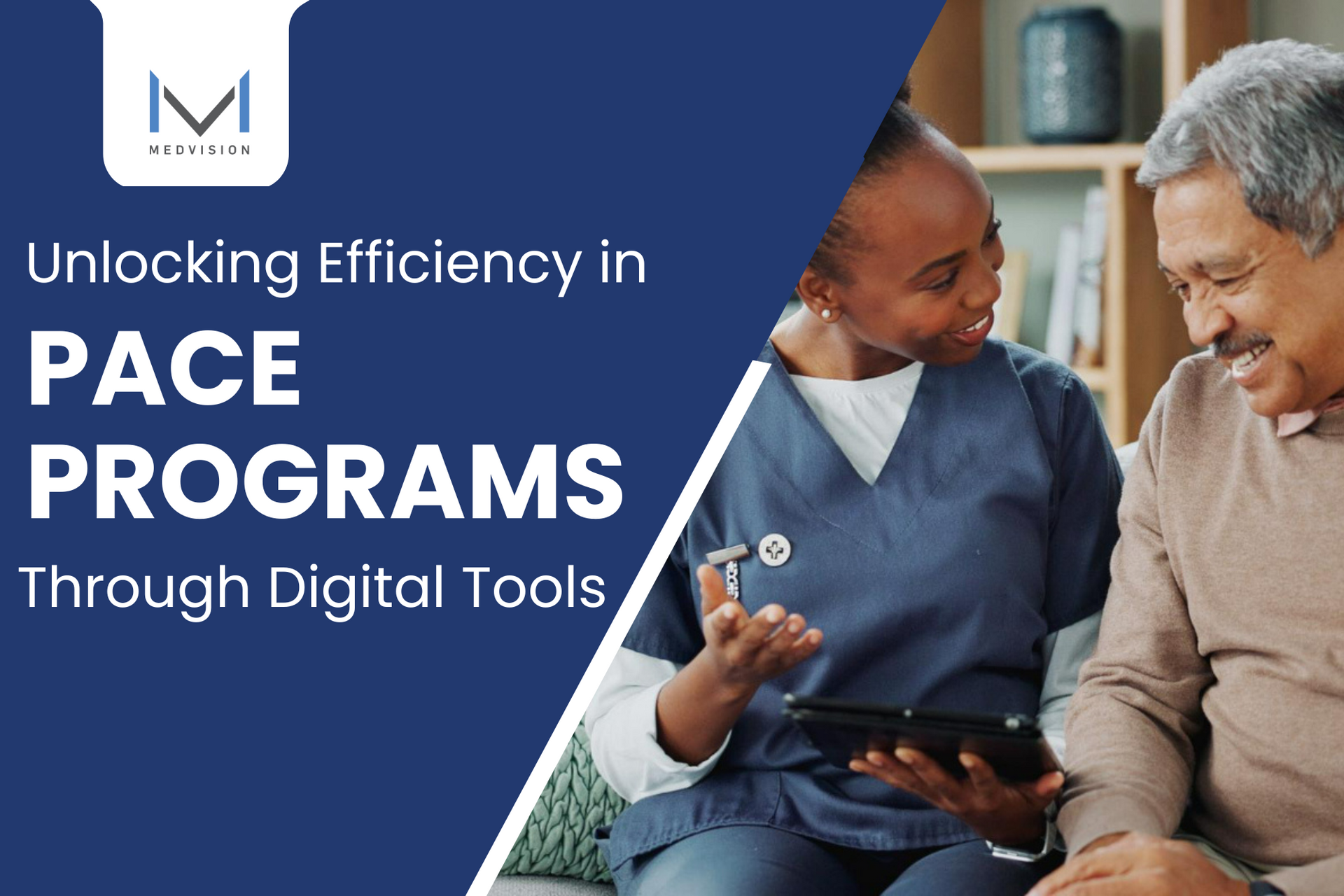How to Design Your MSO for a Successful Operational Start
With regulatory requirements constantly shifting and administrative workflows becoming more complex, healthcare providers are increasingly turning to Management Services Organizations (MSOs) for support. MSOs play a critical role in streamlining non-clinical operations—offering expert administrative services and practice management support that help physician groups, and medical practices stay efficient, compliant, and focused on patient care. As demand grows, MSOs are becoming essential partners in navigating today’s healthcare challenges.
How MSOs Became a Strong Support Partner for Providers
MSOs support critical administrative processes that allow healthcare providers to stay focused on delivering high-quality patient care. From managing provider eligibility and credentialing to overseeing contract data capture, MSOs streamline essential functions that underpin successful healthcare delivery.
As government agencies increase pressure on health plans to manage risk more effectively, providers are relying more heavily on MSO services. High-demand areas include claims adjustment, authorization workflows, and case management—non-clinical tasks that MSOs handle with efficiency and expertise.
MSOs also play a pivotal role in advancing value-based care and population health management. These areas require constant innovation, from updated technologies to modernized infrastructure. Positioned as technology enablers, MSOs offer scalable solutions that keep healthcare organizations compliant, connected, and efficient.

What Makes an MSO Operationally Effective for Practice Management?
For an MSO (Management Services Organization) to truly deliver value, it must be both operationally prepared and strategically in sync with the goals of its healthcare partner. Depending on the terms outlined in their agreement, MSOs may take on responsibilities such as payer negotiations, EHR (Electronic Health Record) system management, or even IT infrastructure support. While some organizations specialize in specific non-clinical areas, others provide a more comprehensive range of administrative services.
Key components of a strong MSO include:
- Utilization management (UM): Ensuring health plans align with
value-based care principles for cost-effective treatment.
- Population health management (PHM): Focusing on better health outcomes for specific patient groups through proactive strategies.
- Claims management: Overseeing the full process from claim submission to resolution, reducing delays and improving accuracy.
- Compliance auditing: Identifying gaps and improving operational efficiency to meet regulatory standards.
- Care coordination: Enhancing communication between care teams to support better patient experiences and results.
MSOs are typically tasked with non-medical administrative responsibilities, it’s critical to have a clearly structured process flow. When done right, MSOs empower healthcare providers to dedicate more time and energy to delivering high-quality care and improving patient outcomes.
MSOs are typically tasked with non-medical administrative responsibilities, it’s critical to have a clearly structured process flow. When done right, MSOs empower healthcare providers to dedicate more time and energy to delivering high-quality care and improving patient outcomes.

MSOs Benefit by Beginning with an End in Mind
Undoubtedly, MSOs offer a variety of services that appeal to risk-bearing entities. The said services encourage service acquisition in totality or on a piecemeal basis. Centralizing the administrative and managerial functions of practices, MSOs leverage resources efficiently if built from the ground up. This allows physicians to maintain or increase their level of autonomy to elevate the health outcomes of patients.
Determining the effectiveness of MSOs can be indirectly reflected in the providers they serve. Most often than not, many successful practices rely heavily on the efficient output and performance of thriving MSOs. As such, MSOs need to rely on a comprehensive value-based administrative healthcare solution as a partner to their work processes. This is incredibly vital for emerging MSOs who have yet to figure out how to optimize their system. For operational MSOs, their experience will provide them with greater direction in using healthcare solutions.
To address the evolving needs of MSOs, MedVision developed QuickCap 7 (QC7)—its most advanced and integrated MSO platform to date. QC7 is purpose-built to simplify complex administrative processes and support the unique demands of value-based care delivery.
Comprehensive Solutions with QuickCap 7
- Case Management Modules to support Utilization Management (UM) and Population Health Management (PHM)
- Authorization and Referral Management for seamless request tracking, approvals, and workflow automation
- Real-Time Communication Tools including alerts to promote proactive, coordinated care
- Claims Management Functionality with configurable rules for accurate adjudication and streamlined processing
- Comprehensive Reporting and Analytics to support regulatory compliance, performance monitoring, and profitability analysis
MedVision’s Commitment to MSO Success
With nearly three decades of experience serving healthcare organizations, MedVision continues to be a trusted partner for MSOs nationwide.
QuickCap 7 represents a culmination of industry expertise and ongoing innovation—delivering the administrative infrastructure MSOs need to thrive in today’s healthcare landscape.
Explore how QuickCap 7 can elevate your MSO’s performance and support your transition to value-based care.
Discover the MSO platform built for value-based care.
Recently published articles
Keep in touch
Subscribe to get the latest update
Trending topics
Share your insights on social media
Upcoming events and company news















